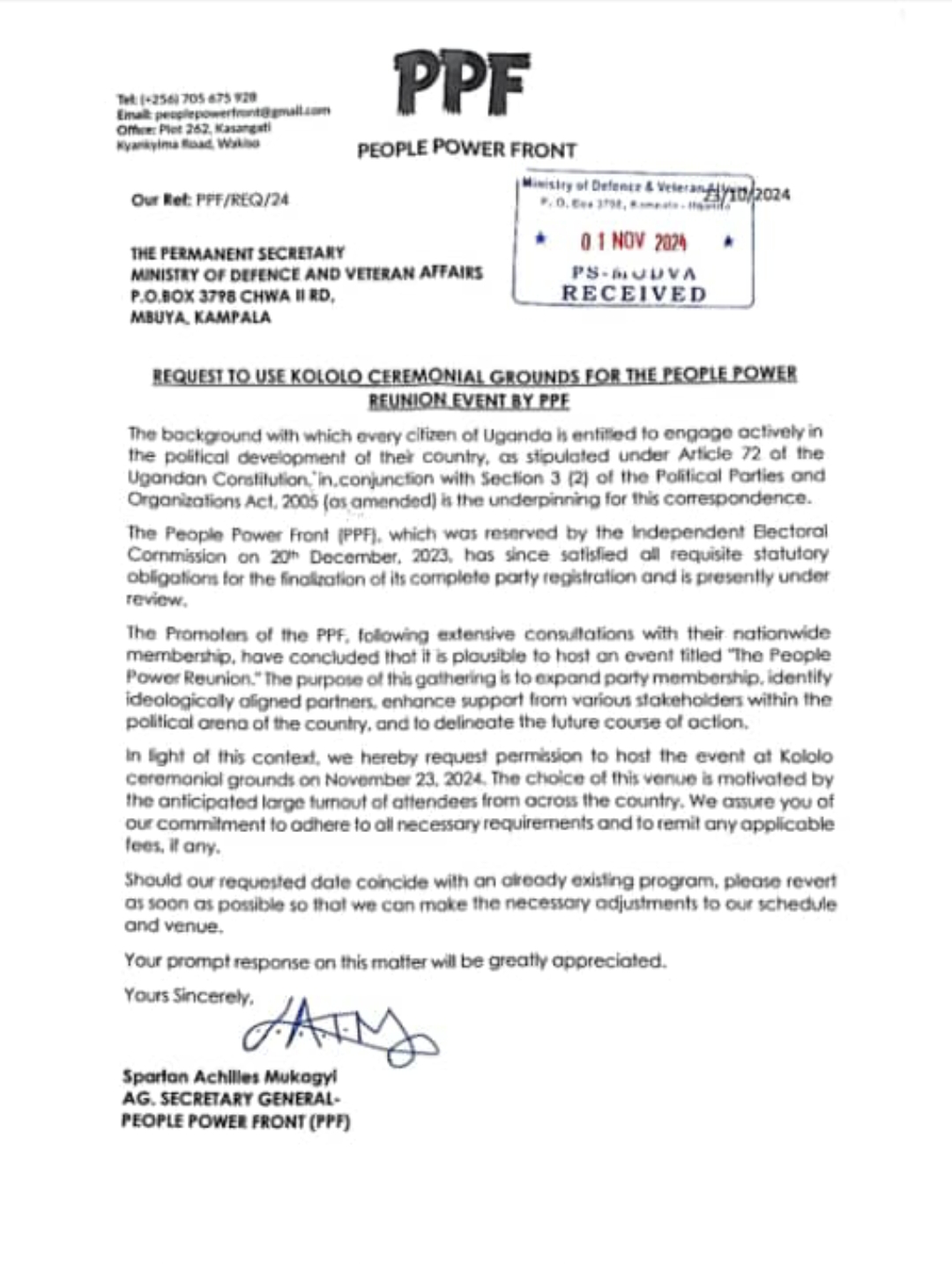River Rwizi, a vital waterway in Southwestern Uganda, holds a significant place in the region’s history and ecosystem. Originating from the hills of Buhweju District, this river meanders through various districts before finally emptying into Lake Victoria. Over the centuries, it has served as a lifeline for communities, supporting agriculture, transportation, and tourism.
River Rwizi has played a crucial role in the history of Uganda. It was utilized by the Buganda Kingdom for transportation and as a water source. During the British colonial era, forts were established along its banks to control trade and travel routes. The river’s presence has been intertwined with the development of agriculture and tourism in the region.
The river is not just a water body but also an essential ecosystem that supports biodiversity. Various swamps and wetlands feed into River Rwizi, acting as natural reservoirs that regulate water flow and sustain surrounding habitats. These marshes play a critical role in maintaining water quality and managing flooding in the area.
Despite its historical and ecological significance, River Rwizi faces numerous challenges today. Climate change has led to fluctuations in water levels, impacting its availability for domestic and industrial use from companies such as Fresh Diary and Kazire Factory. The proliferation of invasive species like water hyacinth further threatens the river’s health by causing pollution and hindering navigation.
Human activities like agriculture, industrialization along the riverbanks pose a significant threat to River Rwizi. Mr. Asaph Mugyira, a resident of Kakoba Division in Mbarara City, says that he uses River Rwizi water for irrigating his crops and washing his vehicle used in transporting produce to market. Unregulated encroachment for agricultural or settlement purposes has led to habitat destruction and degradation of water quality.
This is further geared by “mafias” constructing and developing factories along the river, which poses a great danger to the water quality. Untreated waste disposal from industries and urban areas adds to the pollution burden, affecting both aquatic life and human populations reliant on the river.
According to the National Environmental Management Authority, efforts are underway to conserve and restore the health of River Rwizi. Initiatives focusing on afforestation, wetland protection, and sustainable land-use practices aim to mitigate environmental degradation and safeguard this vital resource for future generations. Community involvement and awareness campaigns play a crucial role in ensuring the long-term sustainability of the river ecosystem.
River Rwizi stands as a symbol of both historical heritage and ecological resilience in Southwestern Uganda. While facing challenges from human activities and environmental changes, concerted efforts towards conservation and sustainable management can help preserve this invaluable natural asset for years to come.




















